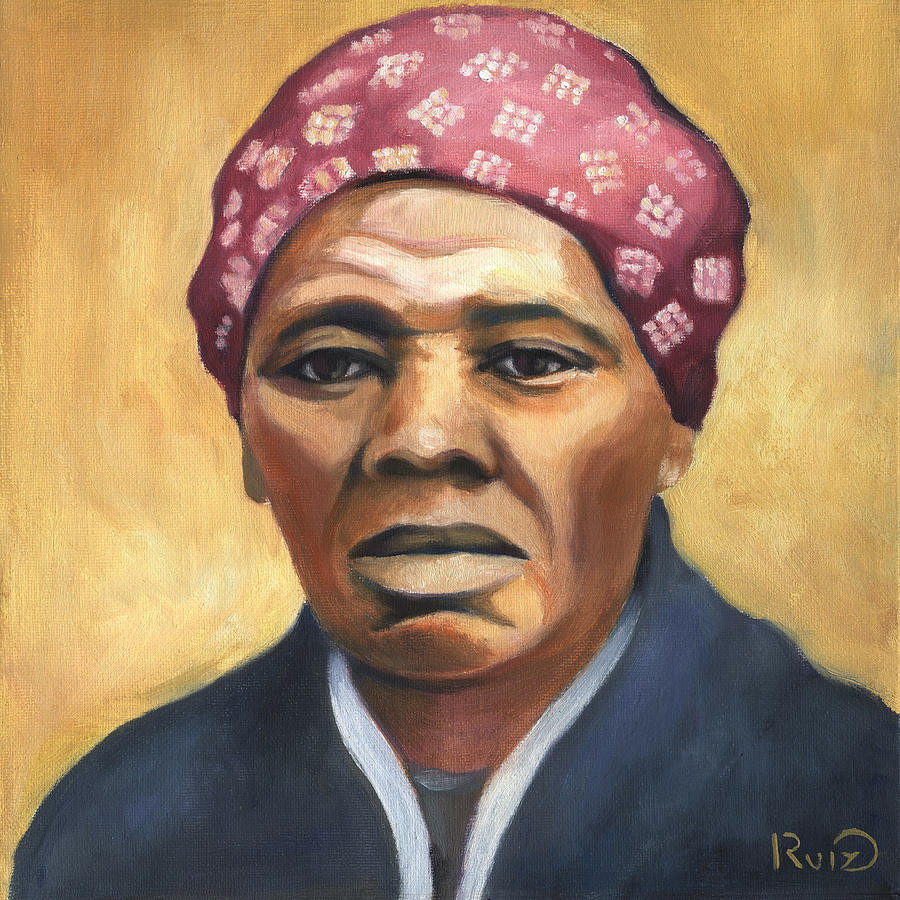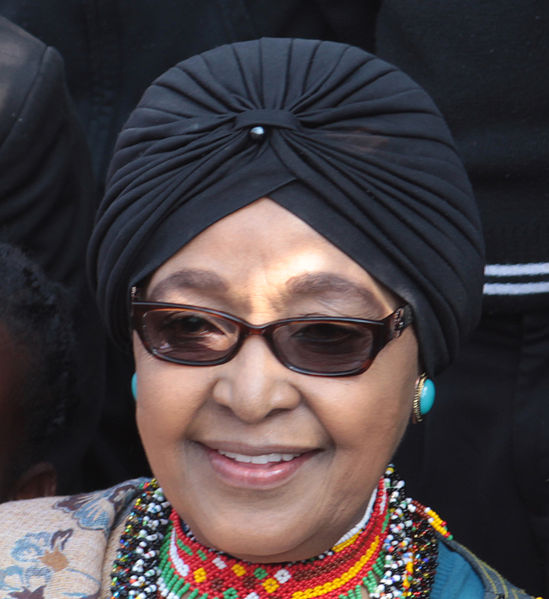 Harriet Tubman was born into slavery in Maryland in 1820. She succesfully escaped to the free state of Pennsylvania in 1849, but was forced to leave many family members behind.
Harriet Tubman was born into slavery in Maryland in 1820. She succesfully escaped to the free state of Pennsylvania in 1849, but was forced to leave many family members behind.
Over time, Harriet returned back to the South to deliver her parents, siblings and over 60 others to the freedom of the North. Harriet became known to history as the conductor of the Underground Railroad, the series of hideouts and houses leading slaves to safety.
As slavery changed with the passage of the Fugitive Slave Law in 1850, she began to help escaping slaves make it all the way to Canada, where slavery was outlawed.
Harriet was active during the Civil War as a cook and nurse for the Union Army and worked as an abolitionist throughout her life.
When she died, Harriet was buried with full military honors, and now has dozens of schools named in her honor, the Harriet Tubman Home in Auburn, and the Harriet Tubman Museum in Cambridge, to honor her memory.
